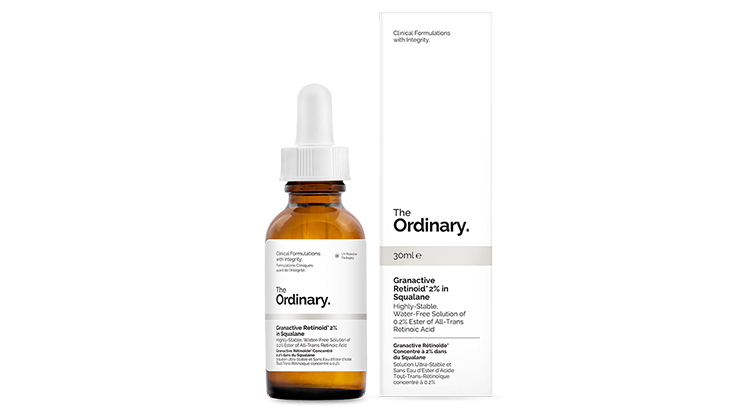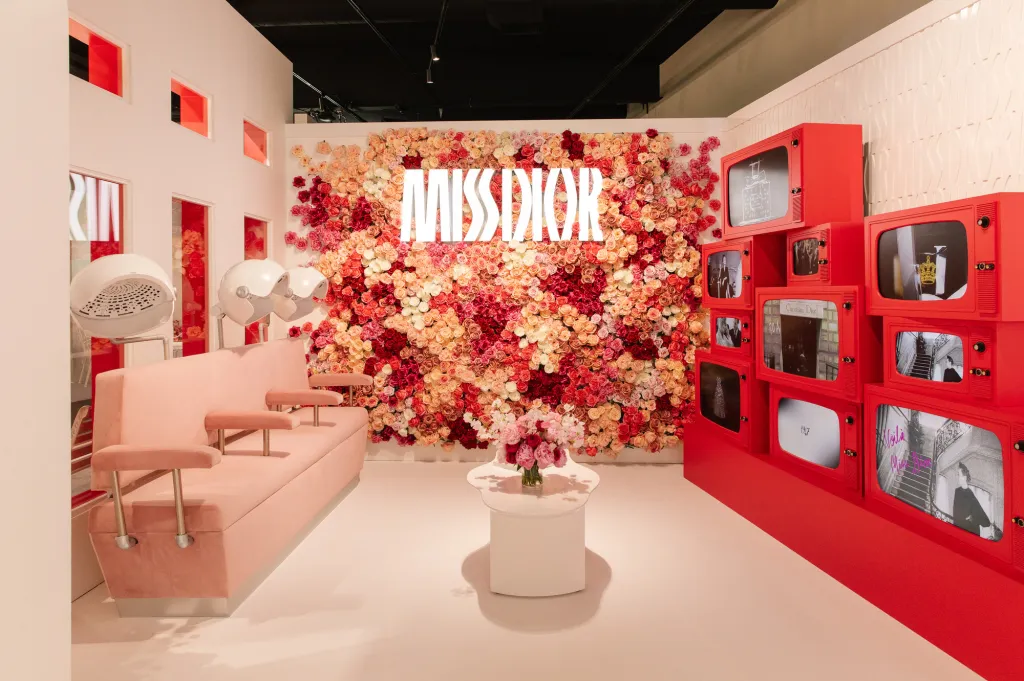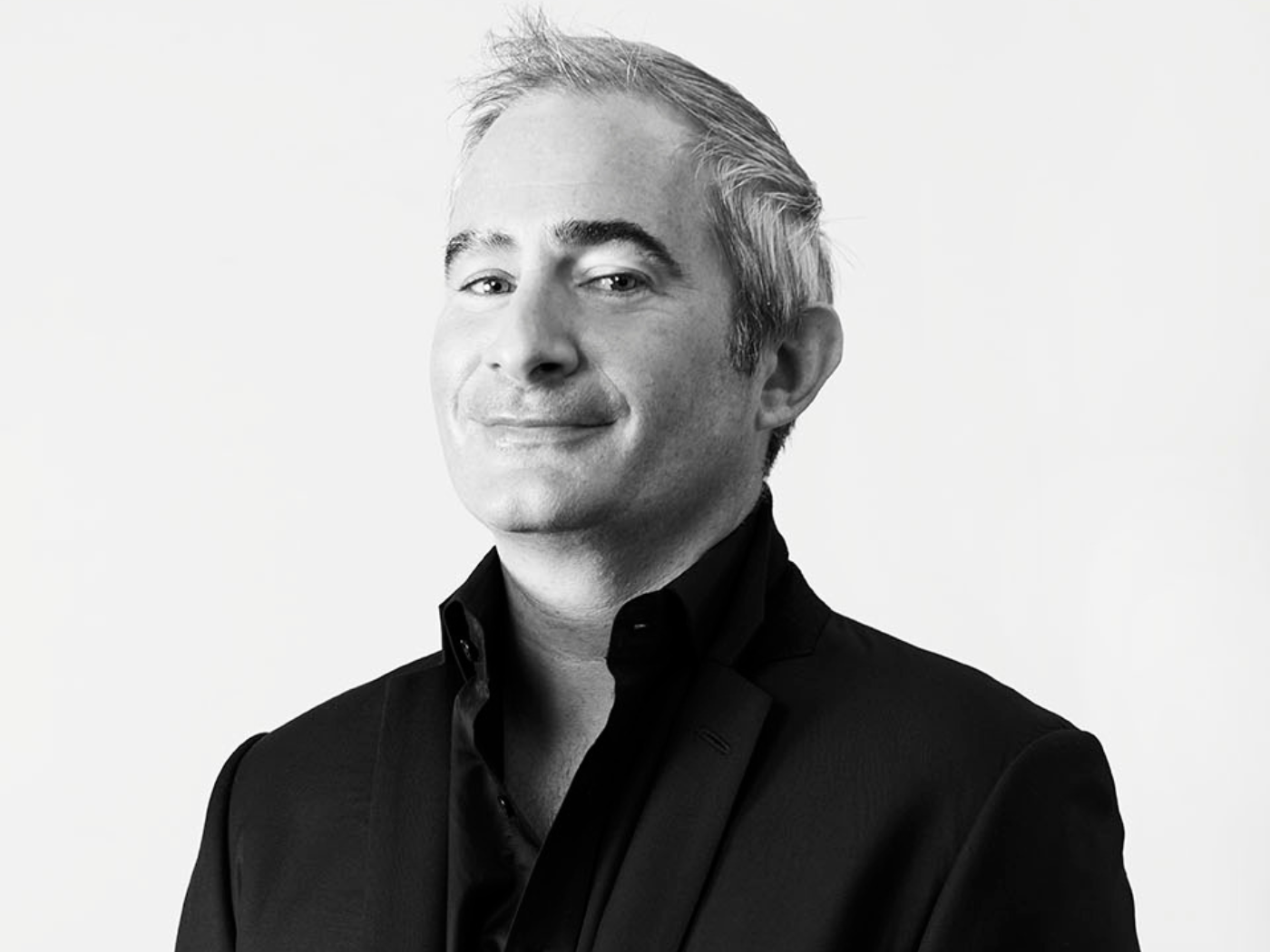A new wave of brands is challenging the belief that quality is in direct proportion to price. These brands are offering high-performing products at value prices, minus branding and marketing markups. In the process, they are capturing consumers’ loyalty and redefining beauty business models.
There’s a new beauty disruptor in town and it’s not technology or a potent ingredient. The new disruptor is, quite simply, low cost. Products that combine quality with affordability – or what brands are increasingly referring to as ‘honest price points’. How did price become so disruptive?
Blame it on transparency in the digital age. Savvy consumers are increasingly knowledgeable about the ingredients in their beauty products, and they’re seeking brands with an honest approach and straightforward labeling. Brands are sharing information on the purity and concentration of ingredients, and are offering transparent cost breakdowns of the products themselves. Often this means they have dispensed with branding and packaging that doesn’t add to product efficacy. Consumers, in turn, are placing their trust in brands that are seen to be fair, keeping margins reasonable and setting honest prices.
Case in point is The Ordinary, a brand that bears the tag line “clinical formulations with integrity.” The Ordinary sells straightforward skin care using ingredients such as retinol, hyaluronic acid and vitamin C, and says on its website that it “offers familiar, effective clinical technologies positioned to raise pricing and communication integrity in skin care.” In a nutshell, the brand was created to celebrate integrity in its most humble and true form.
How does The Ordinary do this? By keeping prices enticingly low (mostly under $10), and by naming products by their key ingredient and percentage strength. For example, products have names such as Vitamin C Suspension 30% in Silicone; Granactive Retinoid 5% in Squalane; Hyaluronic Acid 2% + B5.
The Ordinary said that it is “born to disallow commodity to be disguised as ingenuity.” Translation: The brand refuses to allow commonplace ingredients and technologies to be marketed as groundbreaking. Estée Lauder recently invested in Deciem, The Ordinary’s parent company (which dubs itself ‘The Abnormal Beauty Company’). “It’s nearly unthinkable for a conglomerate to embrace a disruptive mindset like that of Deciem,” said Brandon Truaxe, Founder and CEO of Deciem, when the investment was announced.
Beauty Pie, founded by serial entrepreneur Marcia Kilgore, sells unbranded luxury beauty and skin care at factory cost prices. The brand’s “Price Transparency” breakdown, under every product photo, unpacks the various elements that make up the price, such as product and packaging, warehousing, and safety and testing. The aim is for customers to see what’s been spent on each part, and what’s being passed along to them when they buy from Beauty Pie. Factory prices – from the best luxury suppliers in Italy, Germany, France, Switzerland, Spain, USA, UK, Korea and soon Japan – are made possible with plain packaging, zero advertising, and Beauty Pie’s three-month minimum membership. Memberships are available with different levels of buying power (restrictions are in place so that all customers can have a piece of the pie), and Beauty Pie states that “members save up to 85% on regular retail price, or about 80% if you include the cost of membership.”
Brandless is exactly what the name suggests – a new, brandless e-commerce startup that sells everything at a $3 price point. “Our mission is deeply rooted in quality, transparency and community-driven values. Better stuff, fewer dollars,” states the brand’s website. Investors have high hopes for Brandless, which has more than $50 million in venture capital backing.
Because it is brandless (small ‘b’), the startup said that it saves customers what it calls a ‘BrandTax’, the hidden costs paid for a national brand. Brandless believes people pay at least 40% more for everyday essentials of comparable quality, including food and household items, and sometimes up to 370% more for beauty products, such as face cream.
Brandless’ beauty category sells clean, non-toxic staples such as body wash, lotions, hair care, hand soap and facial skin care. Formulas exclude more than 400 harmful ingredients, such as parabens, polypropylene, phthalates and sulfates.
Meanwhile, department stores such as Macy’s, Lord & Taylor and Bloomingdale’s (with its ‘loyalist’ customer discounts) have started discounting makeup and skin care products of heritage brands. Department store beauty counters have rarely been discounted – they have long had ‘protected status’ from promotional sales tactics – but it is a sign of the times that they have started to discount their wares to stem the loss of beauty market share to the likes of Amazon, Sephora and Ulta Beauty, and now to low cost, brand-free products.




